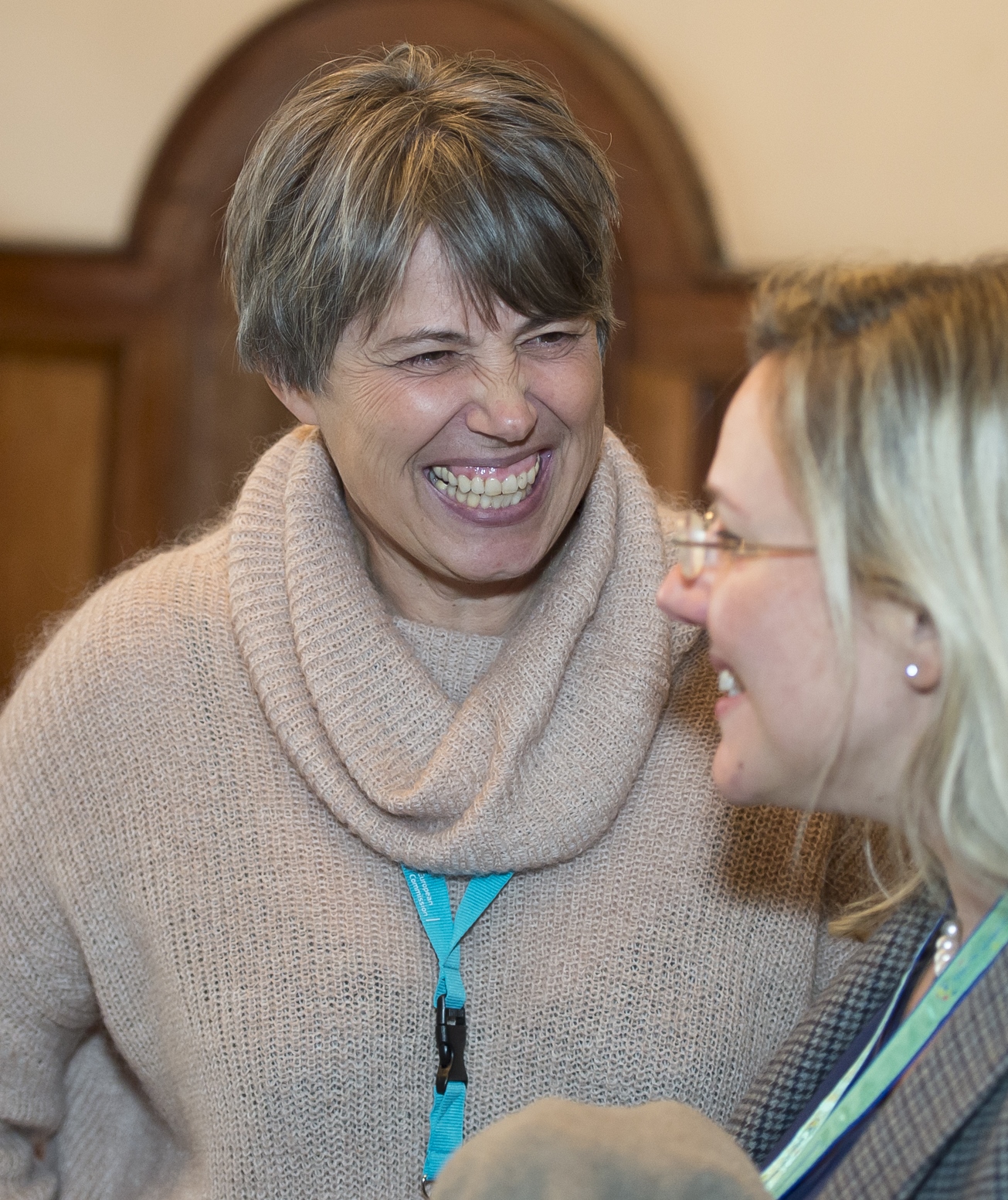How to deal with 'Europe' in the classroom

date: 01/12/2016
No topic is left untouched in this neat brochure, which is available both as a printed version and a downloadable pdf file. Its framework is based on European political education whilst an overview of 'Europe' in the school curriculum takes a closer look at specific context. The brochure offers suggestions for practical ideas and activities, as well as a checklist entitled 'Europe in my school' to enable teachers to check how well where their school is performing. A section on 'Europe Days' allows teachers to link their lessons to specific events taking place during the school year and there is also advice on how to obtain financial support for EU projects. The brochure concludes with a glossary and a list of interesting websites for further reading.
In conjunction with the publication of this brochure, the three partners will also launch a network of school headteachers and teachers from all types of schools. This forum will host discussions on EU topics and their integration into teaching, enable members to exchange opinions and encourage them to make better use of existing EU programmes and offers. "Educators' interest in a more intense exchange of experiences when dealing with EU topics at school is very strong. To know the rights that come with your EU citizenship is an important part of political education. Learning languages and a cross-border exchange are opening new perspectives to our students", says Jörg Wojahn, Head of the Commission Representation in Vienna.
"Teachers in Austria can order this publication via Zentrum-Polis", explains Bernhard Kühr, publications assistant at the Representation in Vienna.
The brochure can be downloaded here: http://www.politik-lernen.at/site/gratisshop/shop.item/106388.html
